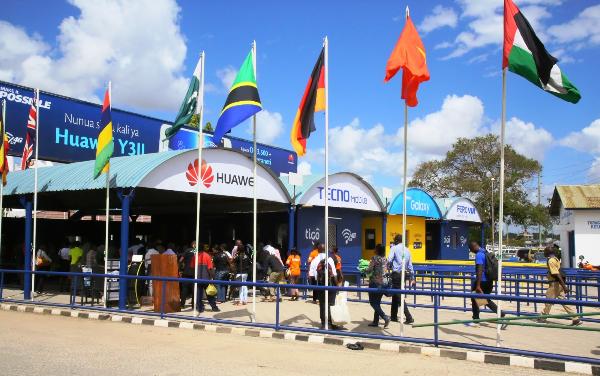Value addition to pulses to cater for domestic and export markets can now be done locally. This is an initiative that increases revenue, thanks to a factory investment by Somani Agro Exports Limited (SAEL) under the umbrella of the Export Processing Zones Authority (EPZA).
The SAEL Managing Director, Dr. Alykhan Somani, said at the 42nd Dar es Salaam International Trade Fair (DIFT) recently that processing commenced early last year and by May it started exports.
“The 20,000-metric tonne annual capacity industry has in one year processed between 2,000 and 3,000 metric tonnes and between three and four years to come production will reach its full capacity,” he said.
Some of the company’s key products include; yellow gram, green gram, pigeon peas and sesame, which are collected on a seasonal basis from local farmers and traders especially in Western Tanzania, the primary source for such pulses.
He said production of pulses represented 12 percent of all crops produced in the country and of the total production, 20 percent of it was exported and the rest consumed locally.
Dr. Somani stressed a need for adequate financing to collect more products from farmers during the harvest season, saying it would enable the company to implement contract farming.
“As a company, we started contract farming with pulses farmers and traders guided by EPZA, where we collect the produce during the harvest season and make all arrangements for storage, processing and markets and effect payment,” he noted.
Contract farming assures farmers of high income because during harvest the price of pulses tends to drop. It also generates more export revenue to benefit the country’s economy.
“Investment in pulses for exports is an initiative that supports the government agenda of realizing and building the industrial economy and makes Tanzania a middle income nation,” he said. Adding that EPZA particularly, the one-stop shop, had been supporting investment.
Tanzania market share in the global supply is about 5 per cent for pigeon pea and one percent for chickpea. In 2016, Tanzania produced 1.35 million metric tonnes of pulses.
Dr. Somani said Asian countries led the pulses market particularly India, China and the Arab countries. He said globally, over 60 million tonnes of pulses were consumed every year, and it was expected to reach 70 million tonnes per year by 2030.

















Comments